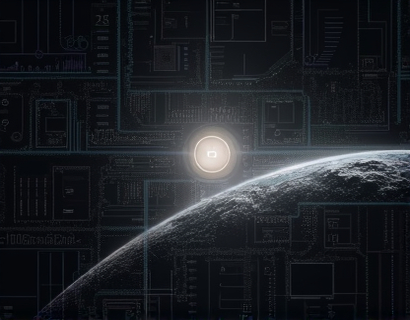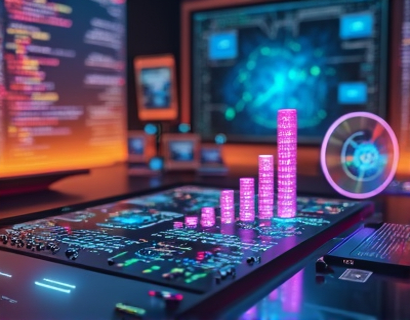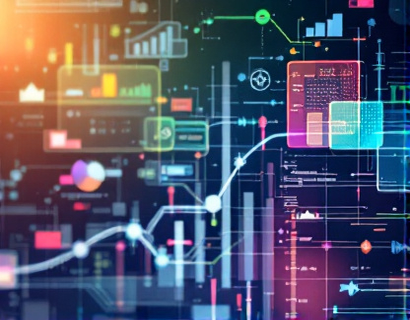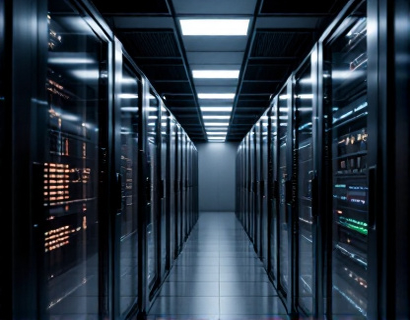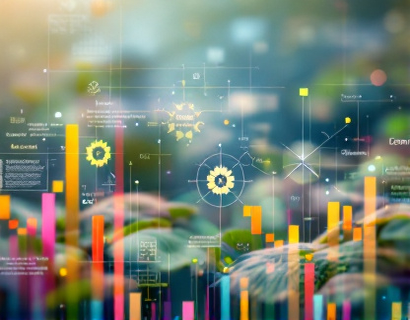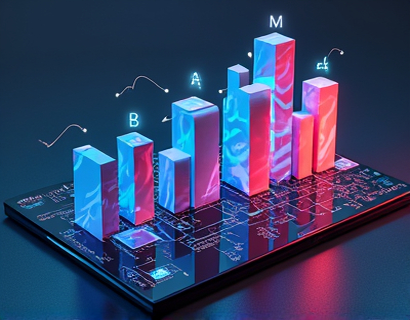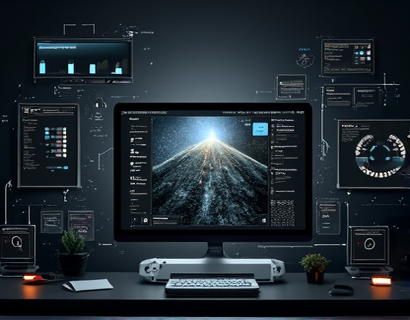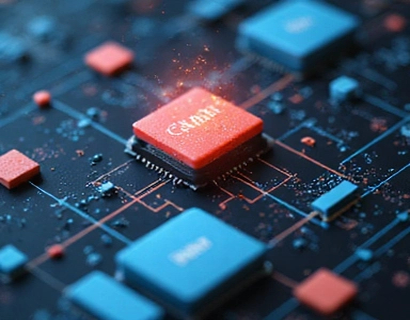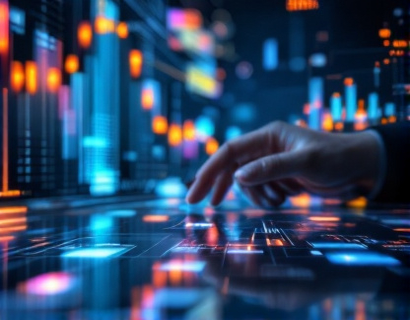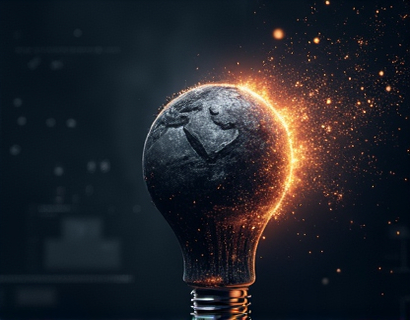Next-Gen Productivity Unleashed: Harnessing AI and Crypto for Decentralized App Ecosystems
The integration of Artificial Intelligence (AI) and cryptocurrency is revolutionizing the landscape of digital applications, particularly within decentralized ecosystems. This fusion is not just a technological curiosity but a transformative force that is redefining productivity and efficiency in the digital world. By leveraging the strengths of both AI and crypto, developers and users alike are unlocking new possibilities for seamless and powerful digital solutions.
Decentralized applications, or dApps, operate on blockchain technology, which ensures transparency, security, and decentralization. These applications are not controlled by any single entity, making them resilient to censorship and manipulation. When AI is integrated into these dApps, the potential for innovation and efficiency becomes immense. AI can handle complex tasks, learn from data, and improve over time, making it an ideal complement to the immutable and transparent nature of blockchain.
The synergy between AI and cryptocurrency creates a robust framework for building decentralized app ecosystems. These ecosystems can offer users unparalleled levels of control, privacy, and autonomy. For instance, AI-driven algorithms can optimize resource allocation, predict user needs, and automate routine tasks, all while ensuring that the underlying blockchain provides a secure and trustless environment.
Enhancing User Experience with AI and Crypto
One of the most significant benefits of combining AI and cryptocurrency in decentralized app ecosystems is the enhancement of user experience. AI can analyze vast amounts of data to personalize user interactions, making applications more intuitive and user-friendly. For example, AI can tailor content recommendations, streamline workflows, and even predict user behavior to proactively offer solutions.
Cryptocurrency adds another layer of convenience by enabling seamless transactions without the need for intermediaries. Smart contracts, self-executing contracts with the terms directly written into code, can automate payments and ensure that all parties adhere to agreed-upon conditions. This not only speeds up transactions but also reduces the risk of fraud and errors.
Moreover, the use of decentralized identity solutions, powered by AI and blockchain, can provide users with greater control over their personal data. Users can manage their digital identities securely, granting or revoking access to different services as needed. This level of control enhances privacy and empowers users in the digital space.
Streamlining Workflows with AI and Crypto
In a professional setting, the integration of AI and cryptocurrency can significantly streamline workflows and boost productivity. AI can automate repetitive and time-consuming tasks, such as data entry, report generation, and even complex decision-making processes. This allows employees to focus on higher-value activities that require human creativity and critical thinking.
Cryptocurrency facilitates smooth and secure transactions within these workflows. For instance, in a decentralized marketplace, AI can match buyers and sellers based on preferences and past behavior, while smart contracts handle the payment process automatically. This reduces the need for manual interventions and ensures that transactions are executed efficiently and transparently.
Furthermore, AI can optimize resource management in decentralized networks. By analyzing network traffic, usage patterns, and other relevant data, AI algorithms can dynamically allocate resources to where they are most needed. This not only improves performance but also ensures that the network remains scalable and resilient.
Innovative Applications in Various Industries
The potential applications of AI and cryptocurrency in decentralized app ecosystems are vast and varied. In the healthcare sector, AI can analyze medical data to provide personalized treatment recommendations, while blockchain ensures the secure and privacy-preserving storage and sharing of patient records. Cryptocurrency can facilitate seamless payments for medical services and prescriptions, all within a decentralized framework.
In the finance industry, decentralized finance (DeFi) platforms leverage AI to enhance trading algorithms and risk management systems. Smart contracts on blockchain ensure that transactions are secure and transparent, while AI can predict market trends and optimize investment strategies. This combination can democratize access to financial services and reduce the influence of traditional financial intermediaries.
The real estate market can also benefit from this fusion. AI can analyze property data, predict market trends, and assist in valuation processes. Blockchain can provide a transparent and immutable record of property ownership and transactions, reducing the risk of fraud and disputes. Cryptocurrency can simplify payment processes, making real estate transactions more efficient and accessible.
Challenges and Considerations
While the integration of AI and cryptocurrency in decentralized app ecosystems offers numerous benefits, it also comes with its own set of challenges. One of the primary concerns is the technical complexity involved in building and maintaining such systems. Developers need to have a deep understanding of both AI and blockchain technologies to create robust and secure applications.
Another challenge is the regulatory landscape. As decentralized applications and cryptocurrencies continue to evolve, regulatory bodies are still grappling with how to oversee these new technologies. Compliance with existing laws and the development of new regulations will be crucial to ensure that these innovations can thrive in a legal framework that supports innovation while protecting consumers.
Scalability is another significant consideration. As the number of users and transactions increases, decentralized networks must be able to handle the load without compromising performance. AI can play a role here by optimizing network operations and predicting potential bottlenecks, but the underlying blockchain technology must also be designed to scale effectively.
Future Prospects
Looking ahead, the future of decentralized app ecosystems powered by AI and cryptocurrency is promising. As technology continues to advance, we can expect more sophisticated AI algorithms that can handle even more complex tasks, further enhancing the capabilities of dApps. The development of more user-friendly interfaces and tools will also make it easier for non-technical users to engage with these ecosystems.
The rise of interoperability standards will enable different blockchain networks to communicate and work together seamlessly, creating a more connected and efficient decentralized landscape. This will open up new possibilities for cross-platform applications and services, further expanding the reach and impact of AI and cryptocurrency-driven solutions.
In conclusion, the fusion of AI and cryptocurrency is unlocking new dimensions of productivity and innovation in decentralized app ecosystems. By leveraging the strengths of both technologies, we can create digital solutions that are not only more efficient and secure but also more empowering for users. As the field continues to evolve, the potential for transformative change is immense, offering a glimpse into a future where decentralized and intelligent systems work hand in hand to redefine the digital experience.



